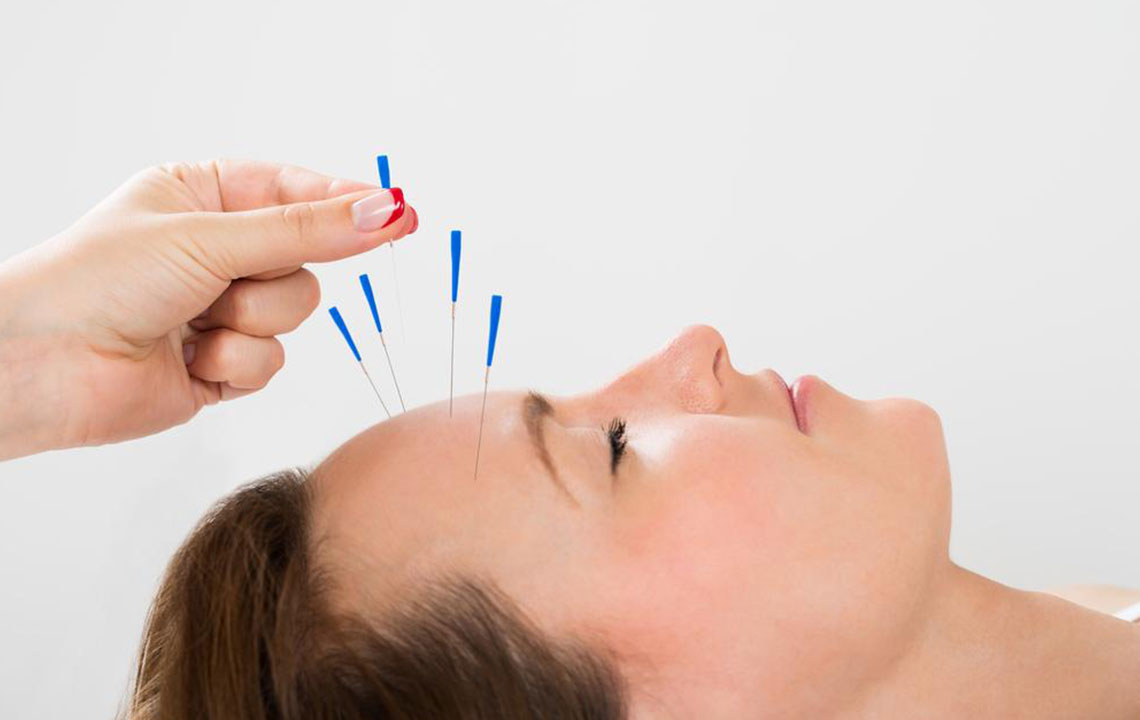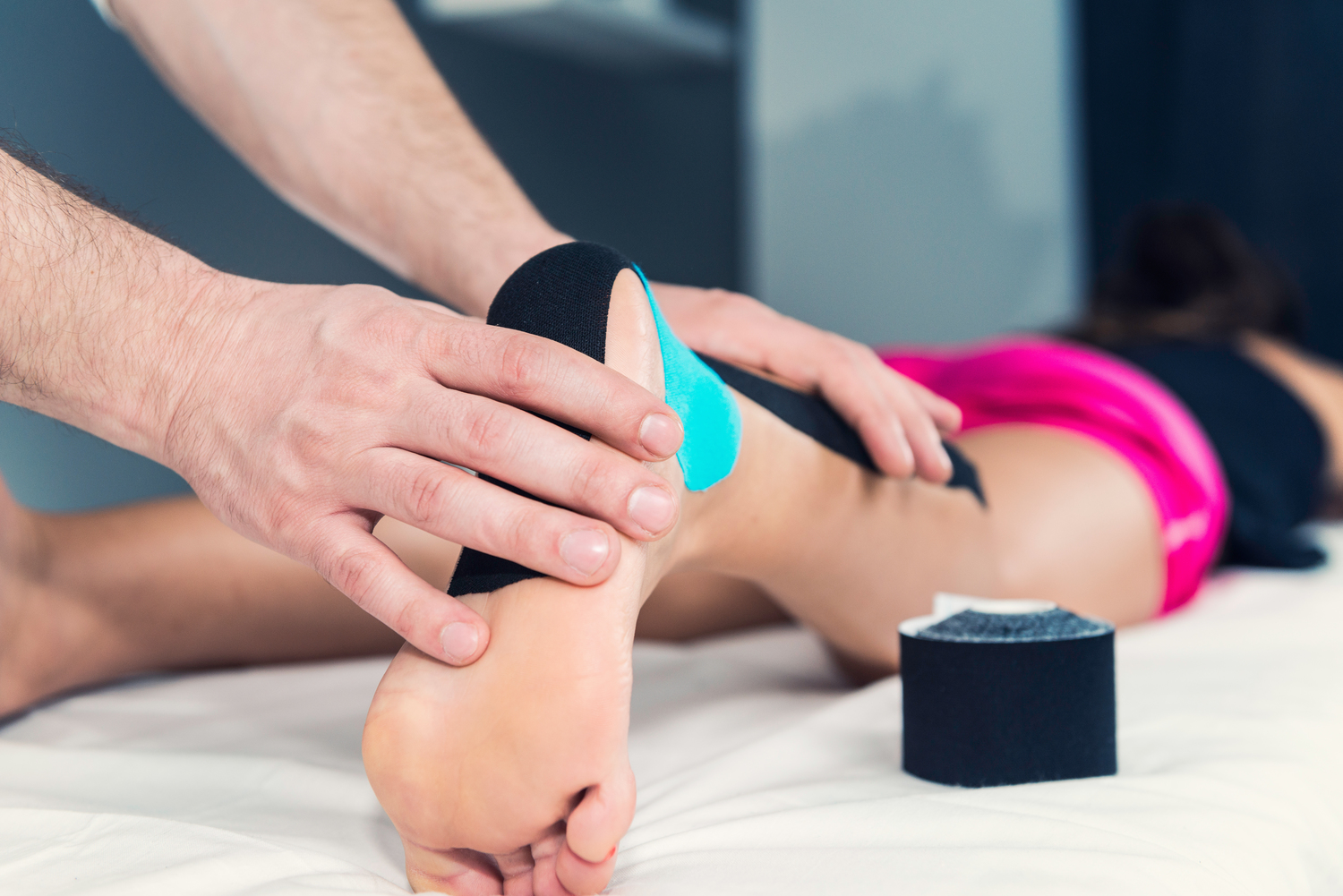Comprehensive Guide to Managing Nerve Discomfort
This comprehensive guide explores nerve pain causes, symptoms, and treatment options. It highlights medical and alternative therapies, emphasizing the importance of consulting healthcare professionals. Key topics include pinched nerves, neuropathic pain, and management methods such as topical creams, supplements, medications, and lifestyle changes. Understanding these aspects can help individuals effectively address nerve discomfort and seek appropriate care to improve quality of life.

Understanding and Treating Nerve Discomfort
All About Nerve Discomfort
Your body sends signals indicating nerve issues, and recognizing these signs can help prevent complications. Several nerves link different body parts to the brain, and when these nerves are pinched or compressed, pain is a common symptom.
Damage severity varies from minor to serious. It's vital not to ignore nerve pain, which can feel sharp, burning, electrical, or like needles and sticks, depending on the cause.
Neuropathic pain occurs when nerves sustain damage.
Medical conditions such as diabetes, chemotherapy, medications, injuries, and wounds can lead to nerve pain. Damaged nerves may send pain signals even without apparent cause, increasing risks like infections. Nerve pain can be debilitating, often requiring specialist intervention and prescription meds for relief.
Main Causes of a Pinched Nerve
Anything increasing pressure around a nerve can cause pinching.
Common, minor causes include poor posture, leaning on elbows, or crossing legs frequently. Several treatment options exist, and doctors will recommend the best approach based on individual conditions.
Additional factors contributing to nerve compression include:
Pregnancy, due to weight gain and water retention
Disc herniation, arthritis, and bulging spinal discs
S specific exercises that cause swelling around nerves
Hypothyroidism, leading to water retention and weight gain increasing nerve pressure
How Is Nerve Discomfort Managed?
Depending on the underlying cause, nerve pain may be temporary or chronic. Mild cases may improve with rest and home remedies, while severe cases might require painkillers or advanced treatments prescribed by a healthcare professional.
Several alternative therapies can help alleviate nerve pain, often used alongside conventional treatments. For less severe discomfort, options like physical therapy may suffice.
Common Nerve Pain Treatments
Topical Applications
OTC creams with anesthetic or capsaicin can numb pain locally. They are effective for applying directly on affected areas, making them an excellent choice for pinched nerve relief.
Vitamins and Supplements
Some deficiencies, such as vitamin B12 shortage, can cause or worsen nerve pain. Supplements or injections may be recommended, and certain compounds like acetyl-L-carnitine or alpha-lipoic acid are under research for their potential to ease diabetic nerve pain. Always consult a doctor before supplementing.
Medication Options
Pain relievers like acetaminophen, NSAIDs, or prescribed corticosteroids can reduce nerve pain, especially in milder cases. For persistent or severe pain, doctors might suggest steroid injections or other interventions. Surgery remains a last resort if other treatments fail.
Always discuss with your healthcare provider to choose the most appropriate treatment plan for your condition.
Note:
Our blog offers valuable information across various health topics. While our research aims to provide accurate insights, readers should view the content as informational rather than definitive medical advice. We are not responsible for data discrepancies or errors sourced elsewhere. Always seek personalized medical guidance for health concerns.










